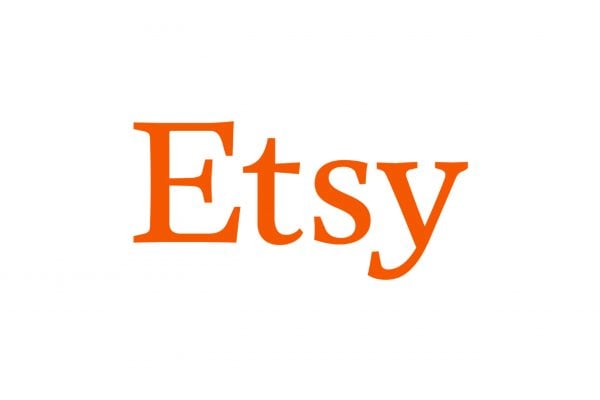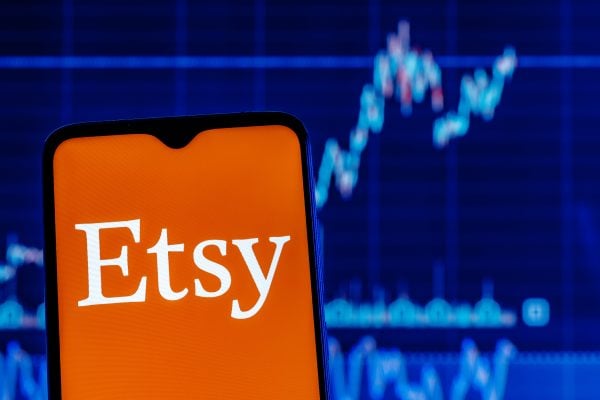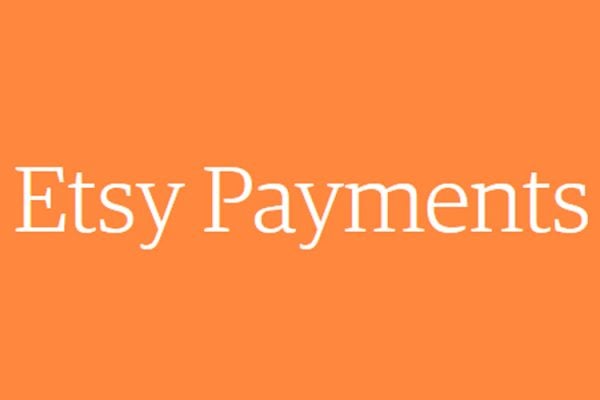 As predicted earlier this year, Etsy have filed registration statement with the U.S. Securities and Exchange Commission for a proposed initial public offering.
As predicted earlier this year, Etsy have filed registration statement with the U.S. Securities and Exchange Commission for a proposed initial public offering.
Chad Dickerson, Etsy CEO, explained on the Etsy blog that whilst they’re sure site users will have questions, they’re largely prohibited from answering them saying he understands that may not be satisfying adding “I appreciate your patience with us during this process and we will share more information when we can”.
Etsy plans to reserve a portion of the shares to be sold in the offering through an IPO participation program for individual purchasers. The program will be administered by Morgan Stanley, so if you fancy grabbing a few shares you’ll be able to make your interest known.
Etsy is a marketplace where millions of people around the world connect, both online and offline, to make, sell and buy unique goods. This is an obvious to Etsy’s payment plans following the launch of their Etsy card reader for offline payments but tied to the seller’s Etsy account, stock in their Etsy shop.
Etsy wish to raise around $100m from the flotation, which in the grand scheme of things is a relatively modest amount, Etsy have 26 million items listed for sale and has been valued at $1bn.
Etsy intends to list its common stock on the NASDAQ Global Select Market under the ticker symbol “ETSY.”
Will an IPO change Etsy’s core values?
The question sellers on Etsy are asking themselves is what difference will this make? Etsy has already relaxed rules on the site – products no longer have to be artisan hand made, today designs can be outsourced for manufacture. That’s because quite simply individual sellers don’t have enough hours in the day to manufacture the volume of products needed to grow the marketplace.
Casting a glance over to eBay, sellers see shareholders who are in the process of ripping the company asunder with payments going one way, the marketplace going another and casualties like Magento ending up being bundled with eBay Enterprise and disposed of too. None of these eBay changes are because it’ll make a better business for sellers or buyers or even a better place to work for employees (definitely not with 2700 or them getting made redundant). The carving up of eBay is happening because it’s a better deal for investors who focus on “shareholder value”, not the business per se.
eBay’s thirst for growth to satisfy shareholders has upset many of their stalwart sellers from the early days who complain how the site has moved away from casual auction traders to cater for the big retailer fixed price deals. Sellers are now wondering what direction shareholders will push Etsy and how growth will sit companionably alongside craft and artisan products.
Will a post IPO Etsy remain true to it’s core value as a marketplace where people connect to make, sell and buy unique goods. Or will shareholder desire for profits dilute the handmade, vintage and craft mantra and end up with an ever increasing move towards mass market merchandise?







